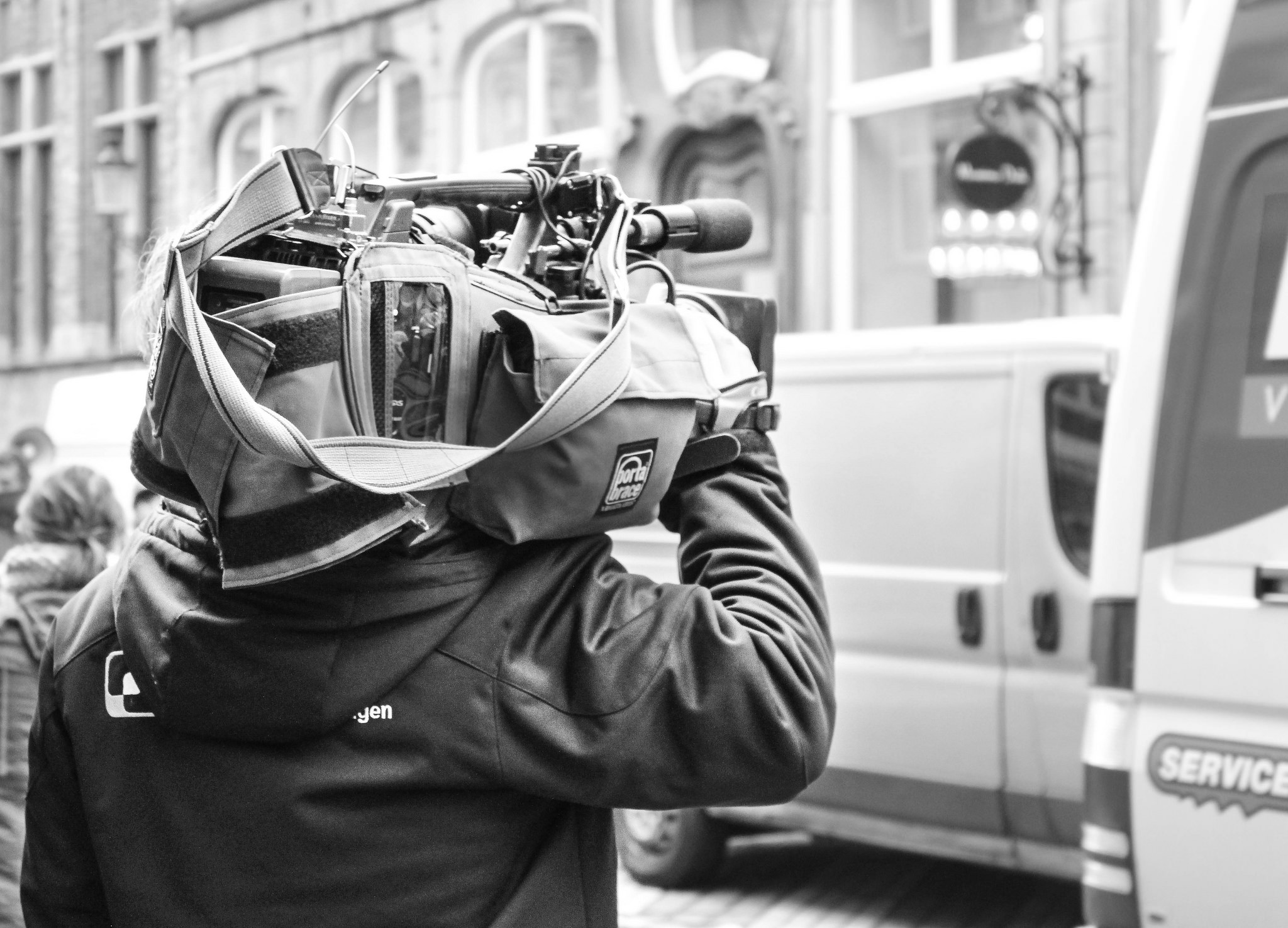As I scroll down my Facebook News Feed daily, I am forced to see visuals of black and brown bodies: some dead completely covered in blood with a white police officer towering over them, some who have already passed and have been used as martyrs for other types of political movements, or some with their pants sagging, jumping over police cars. Constantly seeing these images, I have not only been overwhelmed, but I have also developed an internal trauma that will emotionally scar me for the rest of my life. And as I spent the last few days trying to come up with the vocabulary necessary to address my issues, I’ve come up with the most accurate statement: I AM DONE.
I am so shocked that I live in a world where Black bodies can never be put to rest. I am also shocked that I live in a world where the fate of my life is determined by whether or not a police officer is in the right mood today. And to make matters worse, the media has done an amazingly scary job of highlighting the racial prejudices of American society, while also finding ways to divide the Black community so that we can’t unite.
My entire existence is a testimony to that. I am a Black queer man from the Bronx, NY who attends the University of Pennsylvania—an Ivy League school that is ranked one of the top schools in the country. I am constantly told by the media that I am an exception; and as a result, should do everything I can do ensure the success of my people: essentially meaning that I have to navigate the upper echelon of racism in America in order to help me people. In addition, earlier in July, a local protest occurred in Brooklyn, NY to combat the latest issues of police brutality. But as adamant as I am to protecting my Blackness and the Black community, I could not build up the strength to attend the protest.
On one hand, I am told to combat the systems of race that plague my people by joining the ranks and changing legislation, yet on the other hand, I am told to give my body to the cause and join in the revolution. How can I change anything if I’m dead? I already have to deal with walking over eggshells to protect my life when I step outside and see those deadly blue and white cars. And now I have to also risk my life by participating in a protest that in essence (and I’m sorry to my Black brothers and sisters for saying this) will not bring about much change?
This is how the media divides us. It makes us believe that we should run in the streets after every racial injustice, and die in the process. It suggests that we are nothing but angry rioters who do not know how find other ways to help ourselves. And while granted that protesting can probe change if used properly, as a Black man with a future that can very well be compromised, I am not ready to risk my life at a protest again.
A couple of years back, I participated in one of the BLM protests for the killing of Eric Garner and other Black people that were unjustly killed by the police. That riot quickly went south when CUNY Professor Eric Linsker attempted to throw a trash can on police on the Brooklyn Bridge.
After that incident, I was terrified. Everybody started running, and police started to detain the protesters. Luckily me and another friend I was with at the time jumped over the bridge onto the sidewalk, and left the scene. Now can you understand why I am reluctant to go to protest in NYC? Because people cannot control themselves.
But in terms of the media dividing us through the constantly images of Black hate, that part is still true, and continues to be an idea that I am struggling to wrap my mind around. I am not proposing that there is a way or wrong way of combatting racial injustice, I am only saying that we as a Black community need to evaluate the current ways we come together and organize, and we need to understand how the media negatively intervenes in that process to make sure that we fail as a people. WE ARE ALL THAT WE HAVE. If we can’t find a way to make the revolution a reality without killing our people in the process, no one will.
